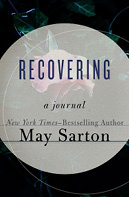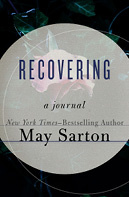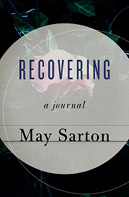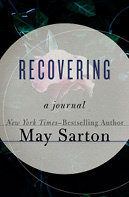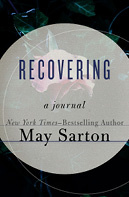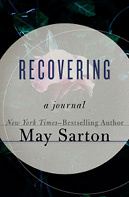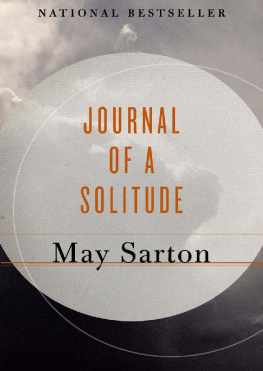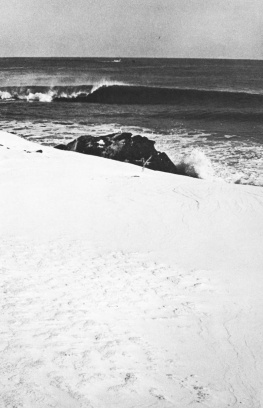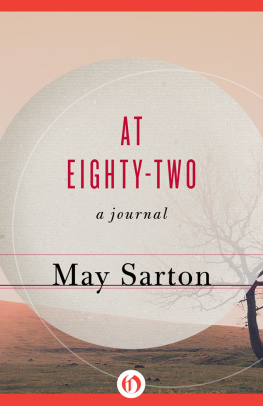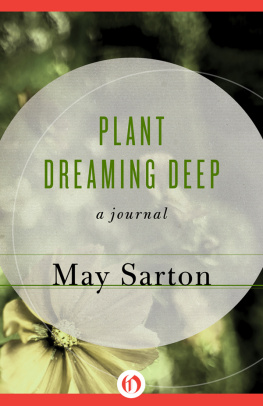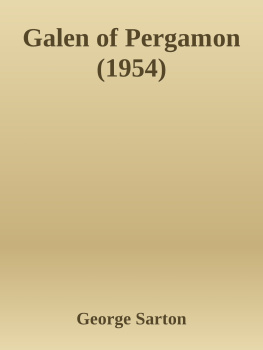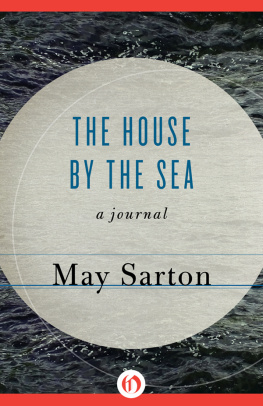A World of Light
Portraits and Celebrations
May Sarton

F OR C AROLYN G. H EILBRUN
Part I
Part II
Part III
Part IV
They are all gone into the world of light.
H ENRY V AUGHAN
PREFACE
I HAVE CARRIED this book in my mind for twenty years; I wanted to fill the gap between I Knew a Phoenix (that ends when I was twenty-six) and Plant Dreaming Deep (that begins when I was forty-five) by celebrating the great friendships that flowered during those years. How does one grow? How does one change? At least in part through the influence of friends. As Andr Chamson has said, A great friendship is never anything but a great inner exigency. Friends worthy of the name are always beings whose reality weighs on us with its whole weight. The only problem is not to be unequal to what they are. I have included my parents because of course their friendship has weighed on me with its full weight all my life, because, of all the influences, theirs has been the hardest to deal with, and the most inspiring.
All the people I write of are dead, except Marc, The Vigneronall were considerably older than I. I did not consciously choose my friends among older people, but I was avid to learn and inevitably gravitated toward those who could teach me. There are singular omissions: I have not written, because he did not wish me to, about Basil de Selincourt whose criticism of my poems, beginning with my first book, were almost the only critical foundation I was given and whose friendship was seminal. Eva Le Gallienne, still very much alive, does not appear in this book. I have said a very little about what she taught me in a chapter of I Knew a Phoenix. And so also with Lugn-Po, a giant of friendship during my theatre years.
My first vision of this book was that it might resemble the Renaissance portraits where the subject is painted with a landscape behind him, a landscape that is very much a part of the character and the mood of the portrait. In Part III I have kept this concept, because in each case the person and the place were closely intertwined. Grace Eliot Dudley did not become her real self until she found that magic house and garden among the vineyards of the Touraine. It became the expression of her inner life, and so with Alice and Haniel Long in Santa Fe, or Quig in Nelson.
Writing of these people whom I loved has been a great deal harder than I could possibly have imagined. For nothing in the past stays fixed forever; as we grow and change the past changes; when I looked back I did not always find exactly what I had expected, and even such seminal friendships became mine fields. Some unexpected conflict or painful memory exploded and changed all the fixed points. This was especially true when I was dealing with the writers, Elizabeth Bowen and Louise Bogan. I knew Elizabeth best when I was just beginning as a writer myself and she was at the height of her fame, and Louise much later when I was beginning to feel confidence in my own gifts and had published quite a lot, but had had very little recognition. These were momentous encounters for me, but the relationship between writers is always precarious, and over a period of twenty years or more, there were bound to be tensions and/ or misunderstandings along the way. As I wrote those portraits the world of light had to suffer some admission of chiaruscuro, and I found this apprehension of reality painful.
After I had written the portraits of my parents I realized with a shock that I had not spoken at all of what it was like to be their child; I had been entirely absorbed in defining their separate essences. Again I have come to understand some things only now, many years after their deaths, my mothers in 1950 and my fathers six years later. And it is not so much what I remember as things I cannot remember but have pondered on that have yielded up startling truths and have helped me to understand myself.
During the first two years of my life in the small heaven of our house in Wondelgem, Belgium, I was snatched away from my mother for weeks at a time because of her illnesses, sent to stay with friends, or, for one period of more than a month, given into the care of a dear friend who came to Wondelgem to look after me. When I was two we were driven out by the war, and again I was sent to cousins in England while my mother and father tried to find a means of livelihood in London. What all these uprootings did, I think, was to make the baby and small child learn to put out roots very quickly for survival. I became passionately attached to whomever took care of me, and perhaps this explains what someone called emotional facility when I was grown up. We were not able to settle anywhere for the first six years of my life. Then at last we reached Cambridge, Massachusetts, where my parents stayed for good, which became home; even so, we moved every seven years when my father had a sabbatical and we all went to Europe, the furniture being put in storage and a new apartment found on our return. It is not surprising, then, that I have always felt nostalgia for families rooted in one place, for the rites and routines of family life.
My parents were remarkable, since I was an only child, in always leaving me free to do what I wanted and to be myself. My mothers theory of education was to be quite severe when I was an infant and until I was about ten years old, and then to give me almost absolute freedom of choice. As a child I left the house for the Shady Hill School at about seven every morning on my bicycle and came home often after dark. No one ever said, Dont climb that tree; you might fall. When I wanted to go to camp, my mother made it possible for me to do so; I spent summers or parts of summers with the families of school friendsthe Hockings in Vermont, the Runkles in Duxbury, Massachusetts, the Copley Greenes at Rowley, Massachusetts, the Boutons at Kearsage, New Hampshire. After I graduated from high school I had only one dreamto enter Eva Le Galliennes Civic Repertory Theatre in New York. It was not easy, especially for my father, to accept the idea of a perilous life in the theatre in lieu of four years at Vassar. He battled it out with me for months before he consented, and then agreed to one hundred dollars a month allowance. My mother went to New York and found a club where I could stay near the theatre, where I would have some protection. How marvelous it was of them both to back me as they did with both moral and financial support when the whole precarious plan must have created great anxiety! There are few holidays in the theatre and sometimes I did not get home for months. So I had really left the nest for good at the remarkably early age of seventeen.
My father had never been a father in the usual sense. He could not, absorbed as he was almost totally in his work, really pay attention, and when I was small I learned to be very silent, for he worked at home and the slightest noise interrupted his concentration. So at an early age I witnessed the fact that work was of the first importance, and that it justified rather inhuman behavior. I dont know when I began to be aware of the rifts in the marriage, but certainly before I was ten. My father, for instance, hated Christmas. (It was not in the Belgian tradition, where presents are given on St. Nicholas on the 6th of December.) We always had a small tree and my mother stayed up late making marvelous clothes for my dolls. One Christmas Eve I heard from my bed my fathers rage at what he said was spoiling May and my mothers sobs. I woke the next day, Christmas day, with a high fever. That was a dramatic instance of his lack of sensitivity (also perhaps unconscious jealousy, for he had lost his own mother when he had been a baby and nobody spoiled him); but every Christmas was a time of strain because of his feelings about it. So, in the usual sense of the word, we did not have a family life. I had to grow up before I could understand that he himself was a child who never grew up in the emotional areas of his being. He usually gave me for my birthday a book that he wantedfor instance, when I was eleven and could have had no possible interest in it, an expensive French-English, English-French two-volume dictionary, which then of course disappeared into his own library! I found it there after his death, and it came in very handy when I was translating Valry with Louise Bogan.
Next page
